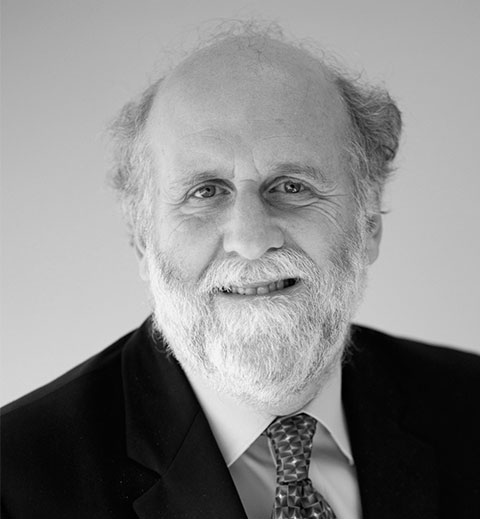
Yann Coello
Lille University
Keynote Title: Object and space perception in social contexts
Our ability to perceptually encode visual objects in motor terms contributes to a functional representation of the external world leading to distinct neural processing of objects close to the body (i.e., in the peripersonal space) and away from the body (i.e., in the extrapersonal space). A widely held view is that peripersonal space refers to a dynamic multimodal interface between the individual and the environment, which depends on body properties as well as objects characteristics and value. As such, the representation of peripersonal space contributes to the organization of physical interactions with the external world but also the acquisition of conceptual knowledge in agreement with the embodied-cognition framework. It also constitutes a space of safety for our organism, which broadly influences social interactions. On the basis of recent experimental, brain imaging and neuropsychological data, I will discuss the sensory-motor foundations of object and space representations and their role in our cognitive and social life.

Cesare Cornoldi
University of Padova
Keynote Title: Mental imagery in the totally congenitally blind
Traditionally mental imagery has been associated with visuospatial processes and it has been assumed that these processes are supported or even require visual experience. However, surprisingly, individuals who never had visual experience report to have mental images and often behave in mental imagery tasks as sighted individuals.
In my presentation, based on 40 years of research on totally congenitally blind, I will review some situations where blind fail and compare them with other situations where they do not fail, looking for factors that may explain the difference. In particular I will focus on recall of verbal material encoded via imagery processes, on working memory processes concerning spatial arrays and on representation and memory of real environments. The conclusion will be that these processes can be carried out also using information derived from other sources than visual experience but the latter offers sometimes a crucial support that however can be compensated by a rich non-visual experience.

Cecilia Guariglia
Sapienza University of Rome
Keynote Title: Don’t neglect to imagine your way
In the present lecture, I will discuss the hypothesis that mental representation of environments is sub-served by a specific neurocognitive system, the Navigational Information Processing System (NIPS), which is specifically devoted to process navigational information.
Neuropsychological data about the double dissociations among NIPS and systems representing visuo-spatial information in non-navigational space (i.e., the reaching space) will be reported together with fMRI data describing NIPS neural correlates.
Behavioral and connectivity data will also be presented in the attempt to describe factors determining individual differences in navigational skill.
Di.Vi.Na. Neuropsychological Lab: http://hsantalucia.it/laboratorio-neuropsicologia-disturbi-visuospaziali-navigazione

Daniel Schacter
Harvard University
Keynote Title: Constructive Episodic Simulation in Memory and Imagination
Studies of memory have mainly focused on remembering the past, but an important function of memory is to allow individuals to simulate or imagine future experiences. A rapidly growing number of recent studies have shown that simulating future events depends on much of the same neural and cognitive machinery as does remembering past events. According to the constructive episodic simulation hypothesis, simulation of future events depends importantly on episodic memory, which allows individuals to draw on the past in a manner that flexibly extracts and re-combines elements of previous experiences. This talk will consider neural, cognitive, and functional aspects of episodic simulation and memory, and consider evidence from recent studies have used specificity inductions in an attempt to identify and enhance the contribution of episodic retrieval to a range of cognitive tasks.
